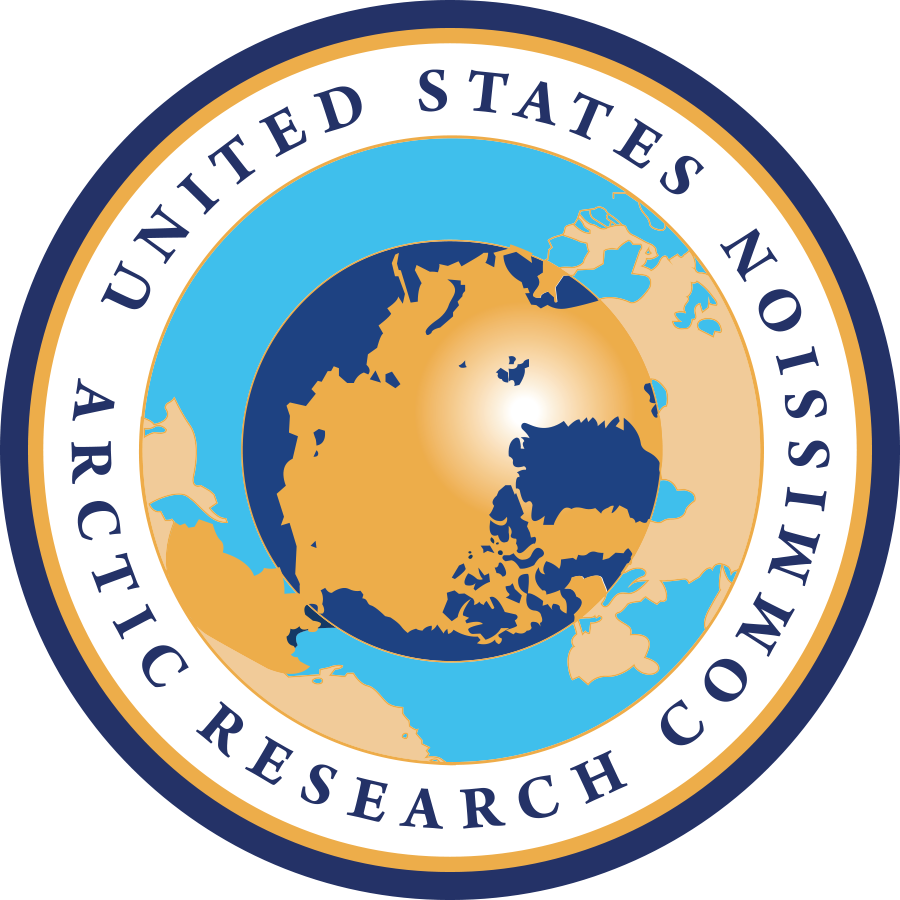An independent federal agency that advises the President and Congress on domestic and international Arctic research.
An independent federal agency that advises the President and Congress on domestic and international Arctic research.
In the News
December 10, 2025
President Trump Appoints Thomas Emanuel Dans to Lead U.S. Arctic Research Commission
President Donald J. Trump has appointed Thomas Emanuel Dans of Sugar Land, Texas to lead the United States Arctic Research Commission (USARC), an independent federal agency that advises the President and Congress on America’s research activities in the Arctic. Mr. Dans commented, “I am honored to serve President Trump and our nation by helping lead the United States’ vital research mission in the Arctic. The Arctic forms the “roof” of our Western Hemisphere, home to our beloved United States, and the most important region in the world.”
> Announcement
August 13, 2025
USARC Releases “Research Needs for a Secure and Prosperous Arctic”
OUR
WORKING
GROUPS
Arctic Renewable Energy Working Group
To benefit Arctic communities by identifying and addressing critical renewable energy and energy efficiency research needs.
Alaska Rural Water and Sanitation Working Group
To maximize the health benefits of in-home running water and sanitation services in rural Alaska.
Highlights
Research Needs for a Secure and Prosperous Arctic
The U.S. Arctic Research Commission provides this 2025 document to further advance U.S. Arctic research.
Arctic Update
Stay up to date on Arctic-related hearings, actions, news, and events. Subscribe to our daily email newsletter.
Goals and Objectives for Arctic Research
Read the 2023–2024 report outlining recommended scientific research goals and objectives for the Arctic.
Home | About | Publications | Working Groups | News & Events | Policies | Photo Credits | Privacy
Looking for U.S. government information and services? Visit USA.gov
Connect
Looking for U.S. government information and services? Visit USA.gov





